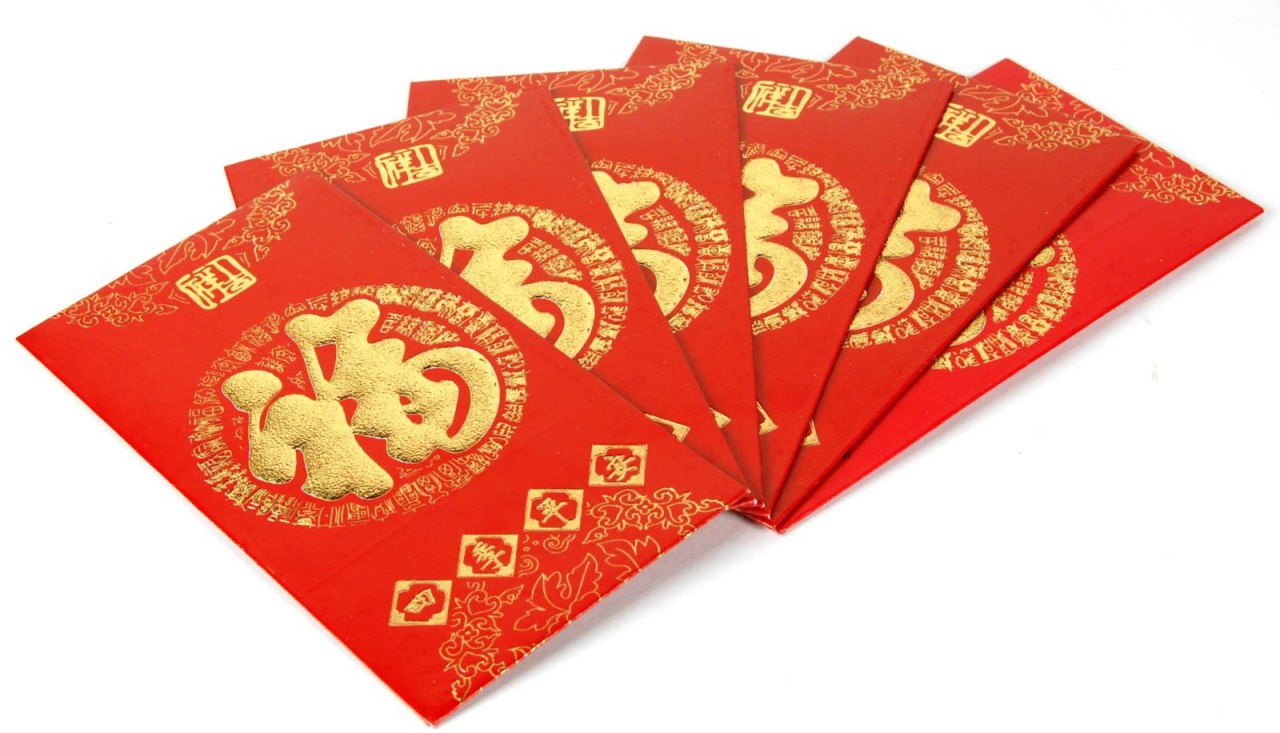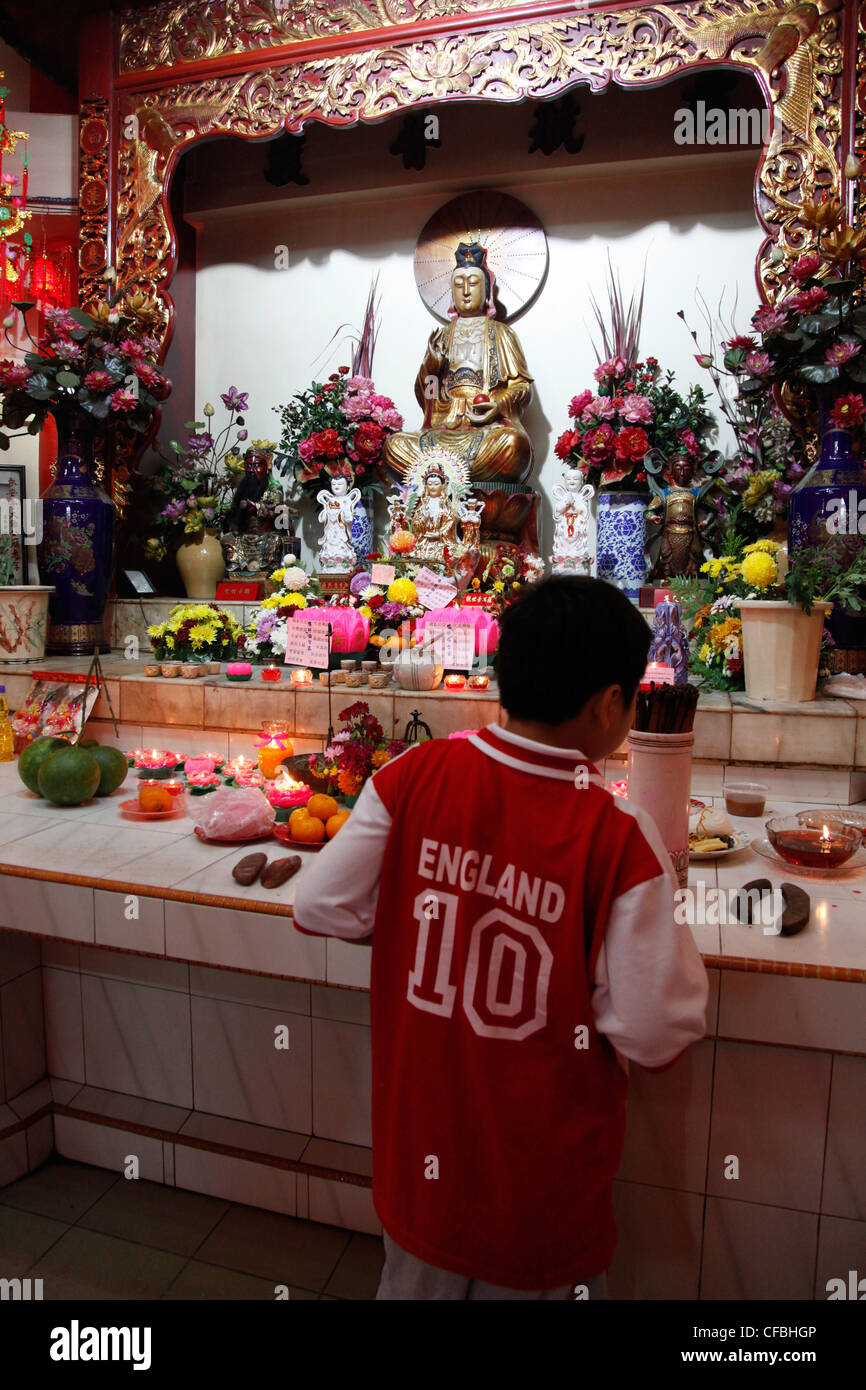Gallery
Photos from events, contest for the best costume, videos from master classes.
 |  |
 |  |
 |  |
 |  |
 |  |
 |  |
Burning joss paper is a traditional Chinese-Taoist practice that sends money and materials goods to deceased relatives in the afterlife. It’s common to burn joss paper at funerals, on ancestor birthdays and during important holidays like the Qingming Festival and the Hungry Ghost Festival. Joss paper, also known as incense papers, are papercrafts or sheets of paper made into burnt offerings common in Chinese ancestral worship (such as the veneration of the deceased family members and relatives on holidays and special occasions). Worship of deities in Chinese folk religion also uses a similar type of joss paper. Joss Paper, also known as ghost or spirit money, are sheets of paper that are burned in traditional Chinese deity or ancestor worship ceremonies during special holidays. Joss paper is also burned in traditional Chinese funerals. Chinese New Year may be all about food and fireworks to onlookers but preparations involve a lot more than meets the eye. Kamay Kan, 27, lives in north London and has been telling Newsbeat Boys outside a restaurant throw firecrackers in the street, adding to the incessant noise and overwhelming smell of burnt gunpowder. On New Year's Eve, it's a tradition to burn fake money in honor of dead loved ones. Basically, instead of burning real money, you trade it for a larger volume of fake money, just so it lasts longer. The traditional Chinese joss paper money is used for funerals, ancestor’s birthday and festivals like Qingming festivals and the hungry ghost festival. It resembles the traditional Fengshui “Zhaocai Jinbao” and is decorated with the jade emperor’s image. Chinese people believe that by burning joss paper in rituals, the deceased—usually their departed relatives—can receive these “gifts” in the afterlife. Burning joss paper is not an isolated activity. It is part of traditional Chinese mourning and worship rituals. From one week preceding the festival to the 15th day after, many Chinese New Year customs are widely observed for thousands of years. The family reunion dinner, eating dumplings, and setting off firework are the must-dos that you might know. Burning of Chinese Paper Money also known as Ghost Money is an ancient tradition that goes back thousands of years and one that is held to this day when honoring the ancestors. We sit around it in silence and say prayers to our ancestors, and wish everyone around us good health and fortune for the new year. Once everyone is done doing that, the oldest family member hands out small stacks of fake paper money with Chinese characters and images on them. The evening meal on new year's eve is a key part of celebrations for her family. When the table is laid with food, this is when the "money" burning happens (in the garden, thanks to the smoke They were burning ghost money, also known as hell money, for their ancestors to use in the afterlife, a ceremony performed around big festivals including Chinese New Year which is on Sunday. The Lunar New Year is here. And if you have family members celebrating the festivities, chances are you've seen them burning incense sticks. The millennium-old tradition has become a staple along with fireworks, traditional snacks, and the practice of gifting money in red envelopes. But there's more to the incense sticks than meets the eye. Happy Lunar New Year 2024! 新年快乐!In this video, my family and I are burning joss paper ("spirit money"), which is a traditional Chinese-Taoist practice done d Happy Lunar New Year! 新年快乐!In this video, my family and I are burning joss paper ("spirit money"), which is a traditional Chinese-Taoist practice done during New clothes for the New Year. Do away with the old and wear new clothes for Chinese New Year as it symbolises a fresh beginning to the year. And since the colour red represents luck and positivity, many choose to wear red clothes, and sometimes even underwear, to help usher in an auspicious year. The origin of “burning joss paper money” The custom of paper money originated in China and was introduced to the United States in the 19th century with the first Chinese immigrants to California. Burning joss paper is definitely related to paper. The lunisolar Chinese calendar determines the date of Lunar New Year. The calendar is also used in countries that have been influenced by, or have relations with, China – such as Korea, Japan, and Vietnam, though occasionally the date celebrated may differ by one day or even one moon cycle due to using a meridian based on a different capital city in a different time zone or different For a thousand years across the length and breadth of China and beyond, people have burned paper replicas of valuable things-most often money-for the spirits of deceased family members, ancestors, and myriads of demons and divinities. Although frequently denigrated as wasteful and vulgar and at times prohibited by governing elites, today this venerable custom is as popular as ever. Burning The first day of Chinese New Year begins on the new moon that appears between January 21 and February 20. The seventh month of the lunar calendar is known as Ghost Month, per Chinese tradition. Some Chinese may avoid funerals or visits to a cemetery during those periods, so as not to attract spirits. If a loved one dies around the Chinese New
Articles and news, personal stories, interviews with experts.
Photos from events, contest for the best costume, videos from master classes.
 |  |
 |  |
 |  |
 |  |
 |  |
 |  |